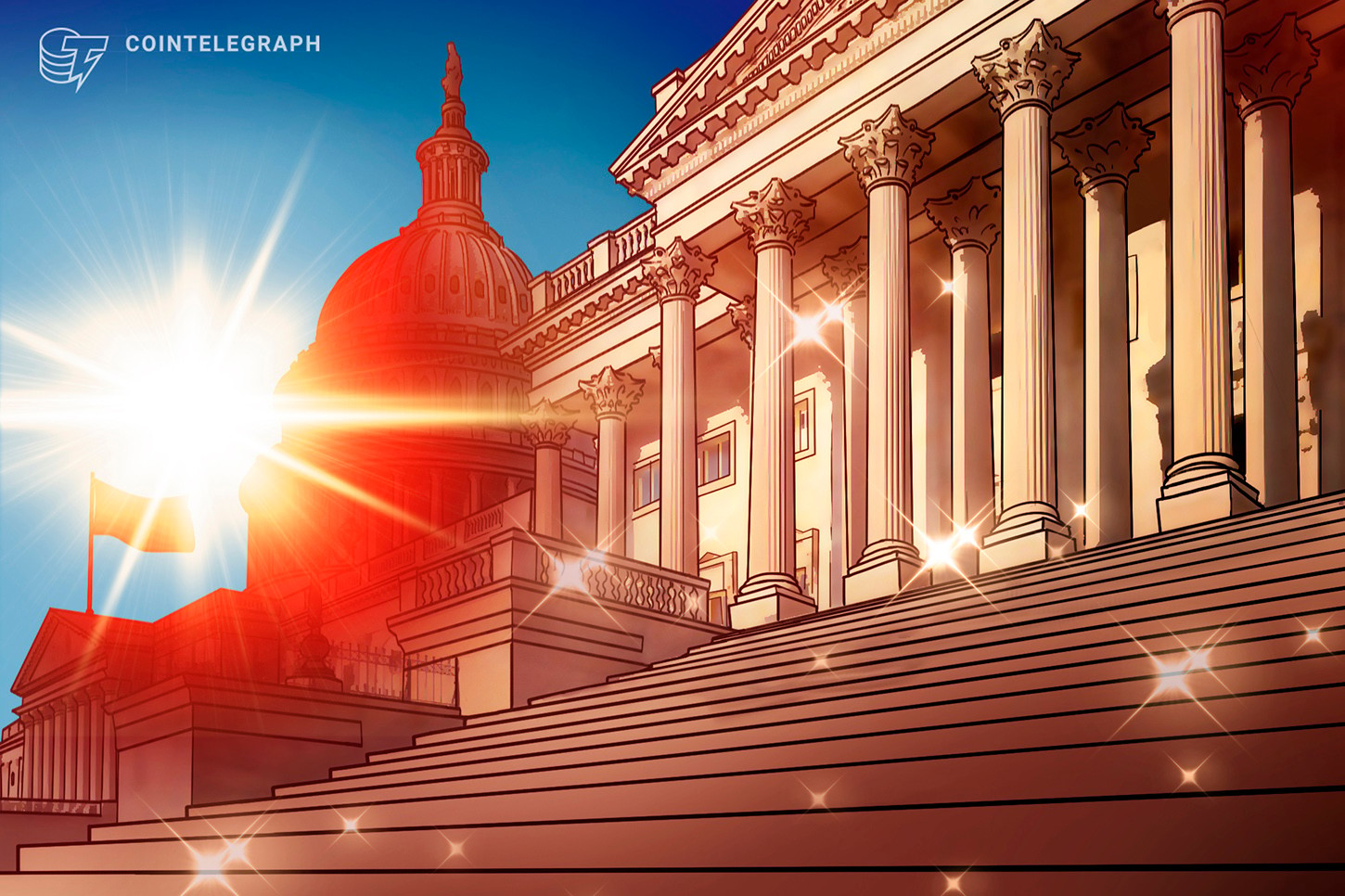A new draft bill providing a framework for stablecoins in the United States was published in the House of Representatives document repository a few days before a scheduled hearing on the topic on April 19. The draft puts the Federal Reserve in charge of non-bank stablecoin issuers, such as crypto firms Tether and Circle, respectively, issuers of Tether (USDT) and USD Coin (USDC).
Stablecoins are a class of cryptocurrencies that attempt to offer investors price stability by being backed by specific assets or using algorithms to adjust their supply based on demand. Stablecoins were introduced in 2014 with the release of BitUSD.
According to the document, insured depository institutions seeking to issue stablecoins would fall under the appropriate federal banking agency supervision, while non-bank institutions would be subject to Federal Reserve oversight. Failure to register could result in up to five years in prison and a fine of $1 million. Issuers out of the United States would have to seek registration to do business in the country.

Among the factors for approval is the ability of the applicant to maintain reserves backing the stablecoins with U.S. dollars or Federal Reserve notes, Treasury bills with a maturity of 90 days or less, repurchase agreements with a maturity of seven days or less backed by Treasury bills with a maturity of 90 days or less, and central bank reserve deposits.
Additionally, issuers must demonstrate technical expertise and established governance, as well as the benefits of offering financial inclusion and innovation through stablecoins.
On a Twitter thread, Circle’s CEO Jeremy Allaire said that “there is clearly the need for deep, bi-partisan support for laws that ensure that digital dollars on the internet are safely issued, backed and operated.“ Cointelegraph reached out to Tether but did not receive an immediate response.
Also, as part of the drafted legislation is a two-year ban on issuing, creating or originating stablecoins not backed by tangible assets. It also establishes that the U.S. Department of the Treasury would conduct a study regarding “endogenously collateralized stablecoins.“

As per the document definition, an endogenous stablecoin “relies solely on the value of another digital asset created or maintained by the same originator to maintain the fixed price.“
The draft further allows the U.S. government to establish standards for interoperability between stablecoins. It also determines that Congress and the White House would support a Federal Reserve study about issuing a digital dollar.
Magazine: Unstablecoins: Depegging, bank runs and other risks loom


